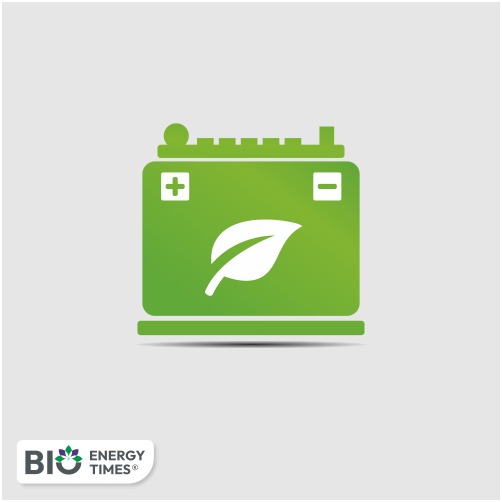The Adani Group announced its strategic entry into the Battery Energy Storage Systems (BESS) sector on Tuesday, unveiling a groundbreaking 1126 MW / 3530 MWh project. This will become one of the largest single-location BESS installations in the world and the biggest in India. The project, which will involve over 700 BESS containers, is set to be commissioned by March 2026.
According to the group’s press release, this project marks a significant milestone in India’s renewable energy transformation, reinforcing energy security and ensuring a continuous supply of clean electricity. The initiative is designed to support India’s transition to a low-carbon economy by improving grid reliability, alleviating peak load pressure, reducing transmission congestion, and minimizing solar curtailment.
Located in Khavda, which is home to the world’s largest renewable energy plant, the project is progressing rapidly. Built on lithium-ion battery technology, the system will be integrated with advanced energy management systems to optimize both performance and reliability. Once operational, it will boost energy storage and peak load management capabilities, playing a critical role in decarbonizing the power sector.
Adani Group Chairman Gautam Adani described the project as a “strategic leap” in India’s energy transition, emphasizing, “Energy storage is the cornerstone of a renewable-powered future. With this historic project, we are not only setting global benchmarks but also reinforcing our commitment to India’s energy independence and sustainability. This initiative will enable us to deliver reliable, clean, and affordable energy solutions at scale.”
By entering the large-scale storage infrastructure sector, the Adani Group aligns itself with global energy leaders investing in advanced energy storage technologies. The company views this as a transformative step in India’s clean energy journey and further cements its leadership in the renewable energy and sustainability space.
Looking ahead, the Adani Group also announced an ambitious plan to expand its BESS capacity, targeting an additional 15 GWh of storage by March 2027, with an ultimate goal of reaching 50 GWh within the next five years. This expansion reflects the group’s dedication to building a resilient and future-ready energy ecosystem that supports India’s net-zero objectives and global climate commitments.
Once fully integrated with the BESS project, Khavda’s renewable energy plant will become the world’s largest renewable energy and storage hub. This initiative underscores the Adani Group’s broader vision of driving sustainable growth and advancing India’s clean energy capabilities.















